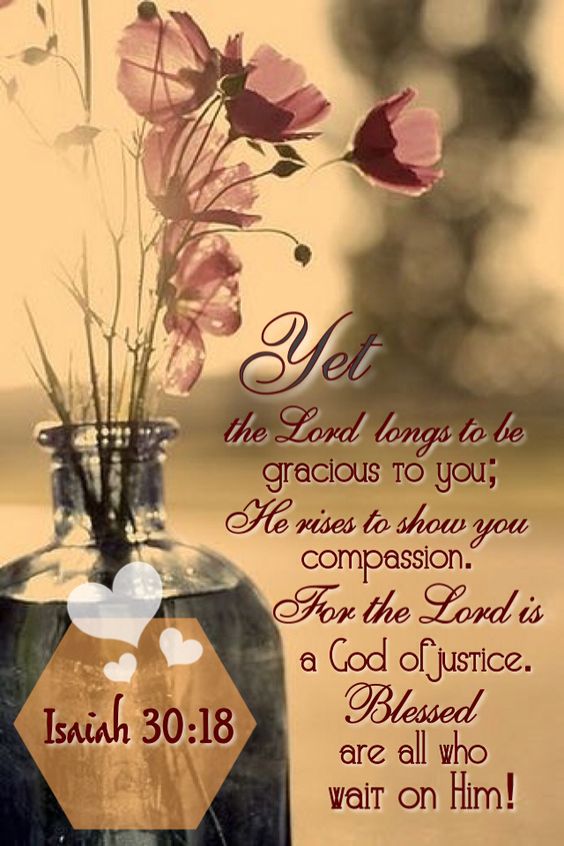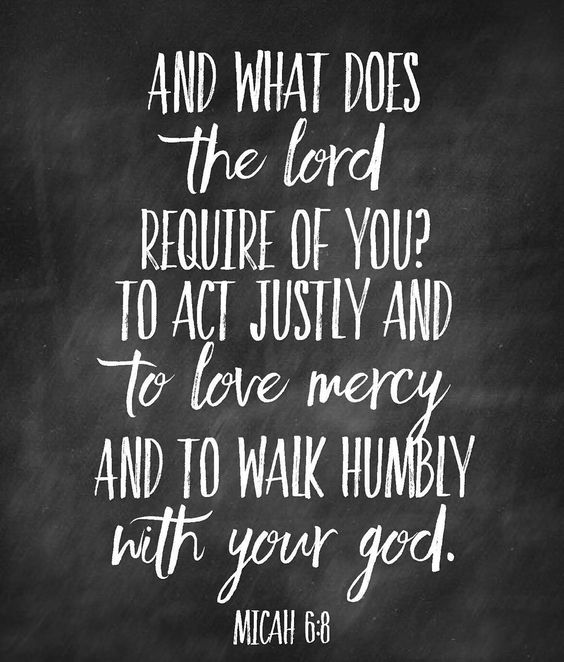Click here to return to Blog Post Intro
Justice: One of God’s Character Traits

According to Isaiah, when God shows compassion and justice, he is simply being himself…he longs for what is best for his people and what he’s created. The Bible consistently links justice and righteousness with other-centeredness. Sin—on the other-hand—is generally associated with self-centeredness. If we want to be leaders with God’s character, we must be other-focused.
God’s passion for justice is evident from Genesis to Revelation, and it was reflected in the life of Jesus as well. The Bible recounts several examples when Jesus transcended many social, racial, and economic barriers to his ministry.
Zechariah 7:9-10 – “This is what the Lord Almighty said: ‘Administer true justice; show mercy and compassion to one another; do not oppress the widow or the fatherless, the foreigner or the poor. Do not plot evil against one another.”
When true justice is administered, it is expressed in acts of mercy and compassion, particularly for those who are destitute (widows, orphans, foreigners, and the poor). Real justice, then, flows out of a Christlike attitude of serving others.
Since organizational leaders make a variety of people decisions, including who to promote, who to transfer, who to hire, and who to fire, you’ve likely heard the common complaint, “That’s not fair!” If you have, please know that God wants us to think about what’s fair, just, and right. To do that, we need to consider what will lead to the least pain for people over whose lives we hold power. Let’s turn to Micah 6:8—a verse that helps us as leaders keep things in perspective (this is a good verse to keep in plain sight!):

Leaders who “walk humbly with God” are more apt to lead effectively, as they care for their people. Another way to think about it is that those who cry out for God to be fair, just, and merciful to them are more apt to grant to others what they know they need from God.
In the Old Testament, both Nehemiah and Moses required people to redistribute resources, as an act of justice and mercy within the community. Neither advocated charity or handouts. Both urged those with resources to release them to those who had no means to take care of themselves. John Perkins’ book With Justice for All claims, “That truth—that we are not owners, but stewards—demands today, as then, an equitable distribution of the world’s resources… The earth and its resources do not belong to us, but to God.” Perkins goes on to say that he’s not advocating for “Robin Hood Economics”—taking from the rich and giving to the poor. Instead, he asserts, “The poor need something more than handouts. They need the means to build a better life for themselves. We must bring into the poor community the basic education people need… We must teach them the vocational and management skills required to start community-based economic enterprises.”
Now, that’s justice…and Out of This World Leaders will reach out to help those who are less fortunate shoot for the stars!

